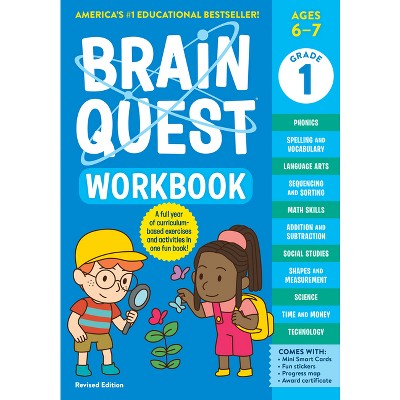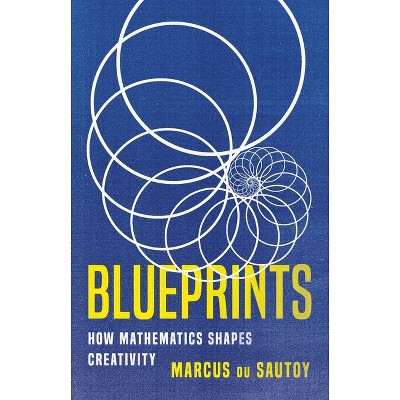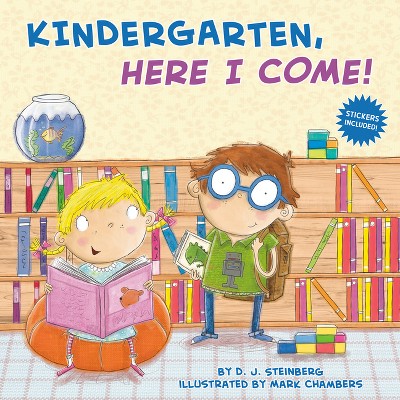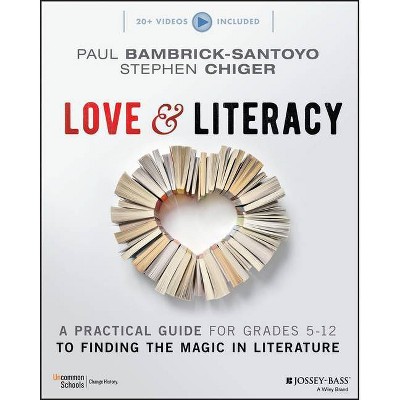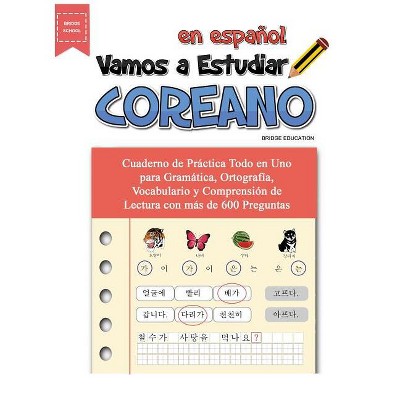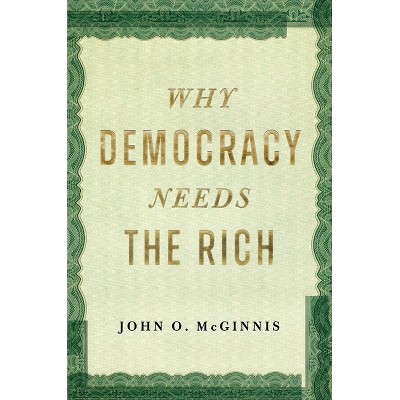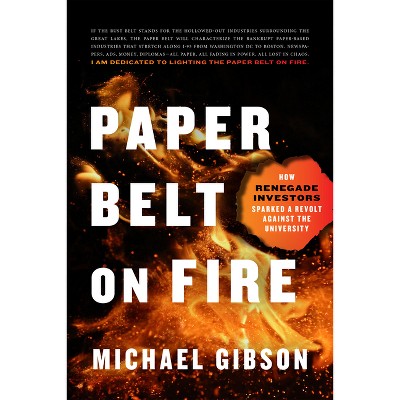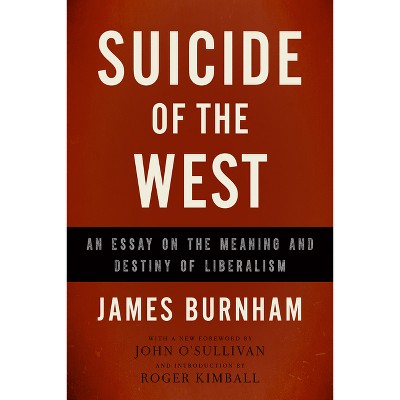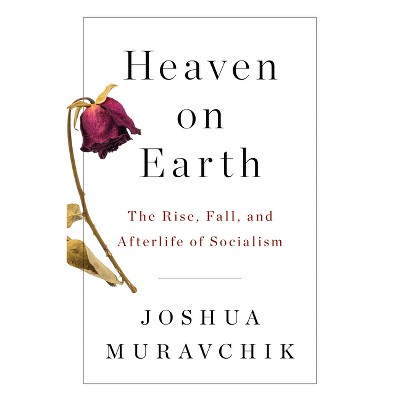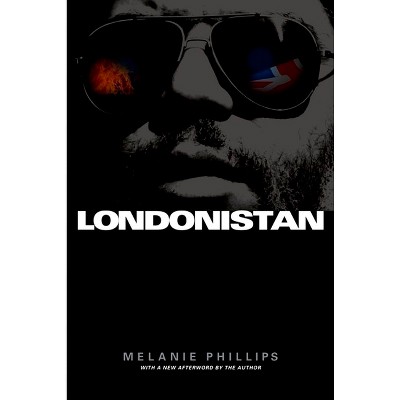Sponsored

The Death of Learning - by John Agresto (Hardcover)
In Stock
Sponsored
About this item
Highlights
- The liberal arts are dying.
- Author(s): John Agresto
- 256 Pages
- Education, Aims & Objectives
Description
About the Book
"Liberal education, if it does not discover how to speak to society in ways our culture understands, and if it cannot make its virtues apparent to the democracy in which we live, will make itself smaller and smaller, lose the audience it wishes to hold, and die by diminishment. The liberal arts are dying because most Americans don't see the point of them. They don't get why anyone would study literature or history or the classics-or, more contemporarily, feminist criticism, whiteness studies, or the literature of postcolonial states-when they can get an engineering or a business degree. Americans have two serious concerns regarding the value of a liberal arts education: first, the personal good of a liberal education, its value to the future life of the student, which is no longer as evident as it once was; and second, that except for academic ideologues on the left who passionately believe the liberal arts can be used to bludgeon students to become "social justice" activists, we more old-fashioned instructors are so frightened of speaking the language of usefulness and relevance that we come across less as citizens helping to promote the wider good and more as cloistered, inward-looking intellectuals. If we have the capacity and the will to be of real use to society, we have hidden it under a bushel. My point is that the liberal arts are, at their best, not only of immense value-let's even say of "use"-to each of us as individuals, but also to America at large. Part of the greatness of the Founders was that they were much more hesitant than we are to believe that liberal education could not be useful or that other forms of education could not be liberal. If Jefferson could think of a fully educated man as one who understands farming and philosophy, if he had no trouble moving from classical studies to writing a tract upon which a nation would be built, why are we Americans today so rigid in our separation of the theoretical from the practical, the scholarly from the civic?"--Book Synopsis
The liberal arts are dying. They are dying because most Americans don't see the point of them. Americans don't understand why anyone would study literature or history or the classics--or, more contemporarily, feminist criticism, whiteness studies, or the literature of postcolonial states--when they can get an engineering or business degree.
Even more concerning is when they read how "Western civilization" has become a term
of reproach at so many supposedly thoughtful institutions; or how fanatical political correctness works hard to silence alternative viewpoints; or, more generally, how liberal studies have become scattered, narrow, and small. In this atmosphere, it's hard to convince parents or their progeny that a liberal education is all that wonderful or that it's even worthy of respect.
Over sixty years ago, we were introduced to the idea of "the two cultures" in higher education-- that is, the growing rift in the academy between the humanities and the sciences, a rift wherein neither side understood the other, spoke to the other, or cared for the other. But this divide in the academy, real as it may be, is nothing compared to another great divide--the rift today between our common American culture and the culture of the academy itself.
So, how can we rebuild the notion that a liberal education is truly of value, both to our students and to the nation? Our highest hopes may be not to "restore" the liberal arts to what they looked like fifty or a hundred years ago but to ask ourselves what a true contemporary American liberal education at its best might look like.
Remedying this situation will involve knowing clearly where we wish to go and then understanding how we might get there. For those objectives, this book is meant to be the beginning.
Review Quotes
"A timely breath of fresh thinking about the role of the liberal arts in higher education, and one that could not be more accessible or more clearly written. It is meant for all of us." --Gordon S. Wood, Alva O. Way University Professor Emeritus, Brown University
"John Agresto is an educator in the old-fashioned sense, which is also the highest and best sense. He recognizes that education is not, and must not be permitted to degenerate into, indoctrination. Nor is education merely a matter of providing students with information and imparting to them skills--as important as those aspects of education are. True education empowers and encourages students to ask questions, deep questions, fundamental questions of meaning, value, existence. The kind of education Agresto champions teaches students to be critical--and self-critical-- thinkers. It immunizes them against ideology, dogmatism, and groupthink." --Robert P. George, McCormick Professor of Jurisprudence, Princeton University
